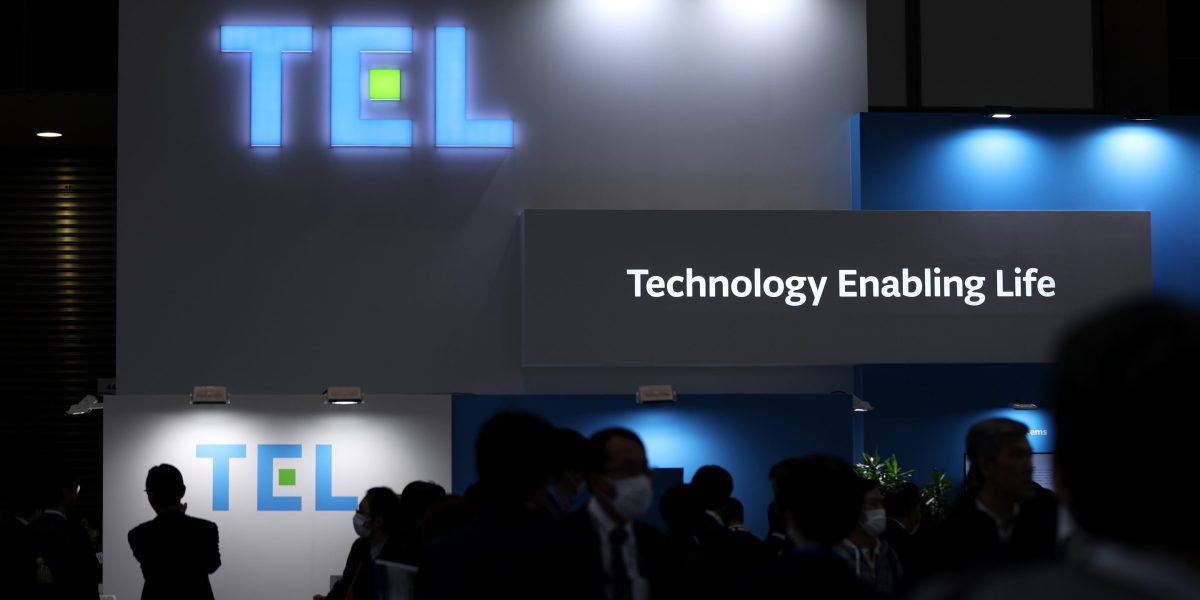Japan, once a chipmaking powerhouse, has tried to rejuvenate its semiconductor industry in recent years in an attempt to be more competitive against the likes of Taiwan and South Korea.
The Japanese government has dangled subsidies to attract foreign chipmakers like Taiwan Semiconductor Manufacturing Company (TSMC), to set up in Japan in a bid to help level-up the domestic chipmaking sector. Then there’s also the massive 920 billion yen ($6.2 billion) funding for a Rapidus, a semiconductor manufacturer established in 2022 whose aim is to produce advanced chips domestically.
And on Friday, Japan’s government announced it is expanding its list of “core business sectors” and will apply foreign trade regulations to companies that manufacture chipmaking equipment or advanced electronic components, a move that can be seen as trying to shore up the security of Japan’s semiconductor supply chain.
Foreign investors are now required to file a prior notification when conducting direct investments acquiring 1% or more of voting rights of a listed company, or when acquiring a share of an unlisted company.
The core business sector list is overseen by the Ministry of Finance. The list covers sectors deemed to be of high national security interest, and being included on the list is meant to help ensure stable supply chains and prevent technology leakage or diversion of commercial technologies into military use. Other sectors added to the list on Friday include those that manufacture machine tool components such as ball screws, and companies that manufacture marine engines.
Japan’s semiconductor industry
Japan may not currently have a company that dominates chipmaking globally the way TSMC does for Taiwan or Samsung for South Korea, but the country does have a long history in the semiconductor space.
In the 1980s, six of the top 10 chip manufacturers were Japanese, and Japan controlled about half the market in 1988. A mix of changing market trends, new competition, and geopolitical pressure eventually eroded Japan’s dominant market position.
Despite that, Japan still plays an important role in the global semiconductor ecosystem as Japanese firms are still big players when it comes to supplying materials and equipment to make semiconductors.
Companies like Shin-Etsu Chemical or Tokyo Ohka Kogyo may not be familiar to many people, but these firms are huge players that supply chipmaking material. Japanese material suppliers are estimated to hold about a 48% share of the market.
Firms like Tokyo Electron, Lasertec, and Nikon, also provide machines and tools that chipmakers use during the chipmaking process.
Morris Chang, the founder of TSMC, predicted that TSMC’s new facility in Japan would spark a “chip renaissance” for the country.
The hold that Japanese companies have within the semiconductor industry is also recognized by Washington as the Biden administration has reportedly pressured Tokyo to tighten restrictions on exports of chipmaking equipment to China.
CEO Daily provides key context for the news leaders need to know from across the world of business. Every weekday morning, more than 125,000 readers trust CEO Daily for insights about–and from inside–the C-suite. Subscribe Now.

